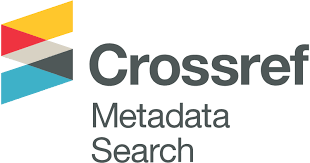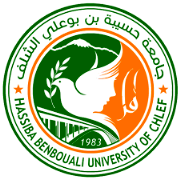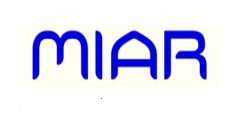The Algerian feminist novel: origins, development, and distinctiveness
DOI :
https://doi.org/10.70204/jlt.v5i2.640Mots-clés :
the novel, feminism, Algerian, Feminist narrative, Feminist novel development, Algerian feminist novel distinctivenessRésumé
The present study investigates the literary distinctiveness developed by Algerian women writers within the framework of the feminist novel, setting it apart from male-authored narratives in both form and content. It aims to examine how these women writers have unified their creative visions to articulate a uniquely feminine perspective on Algerian society, identity, and history. The feminist novel is approached here not only as a literary form but also as a socio-political instrument that critiques dominant narratives and reclaims the representation of women’s experiences. Unlike their male counterparts, Algerian women novelists draw upon a different set of historical, cultural, and emotional references to shape their narratives. These references reflect specific female experiences shaped by colonization, war, patriarchy, and cultural marginalization. The study also considers the feminist novel as a relatively recent narrative achievement within Algerian literature, tracing its development through the interplay of literary innovation and sociocultural transformation. The writers under study employ the novel to contest established norms and disrupt traditional gender roles, thereby giving voice to silenced experiences and marginalized identities. Importantly, the Algerian feminist novel employs a dual linguistic strategy, using both Arabic and French as vehicles of expression. This bilingual approach enriches the narrative while challenging linguistic hierarchies and colonial legacies. Through their works, these women novelists advocate for justice, equality, and liberation from patriarchal oppression. Ultimately, the Algerian feminist novel emerges as both a literary and political act, aimed at reshaping reality and redefining the role of women in literature and society.














